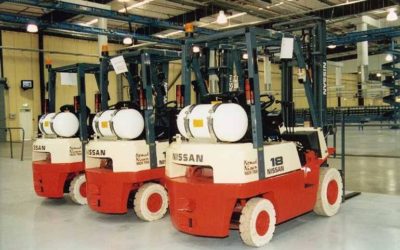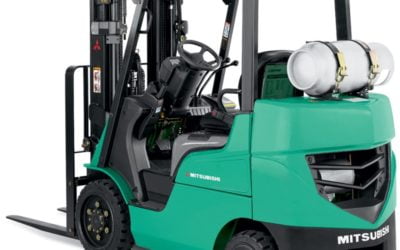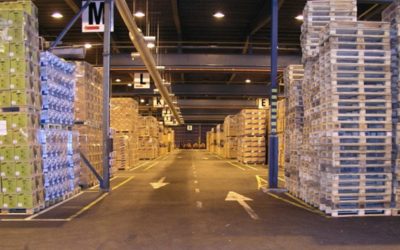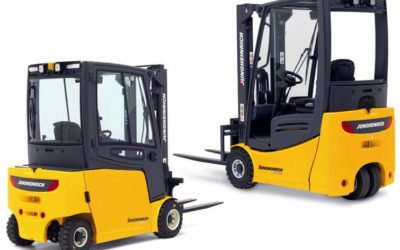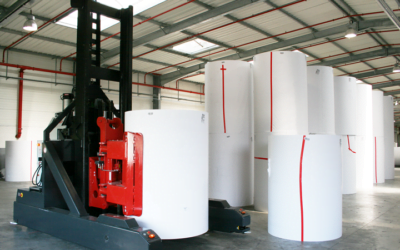Optimize performance with professional forklift fleet management services.
Forklift Fleet Management
People – Equipment – Workflow
Complete Lifecycle Management
Maintaining your fleet and leveraging real time data to drive more informed decisions about when to buy/retire assets.
Maintenance & Management
No more lease schedules, acquisition costs, or repair fees. We provide the service for your fleet for one fixed monthly payment.
Right Sizing Your Fleet
A brand new fleet that is perfectly tailored to your company’s operations including both right size and right type of assets.
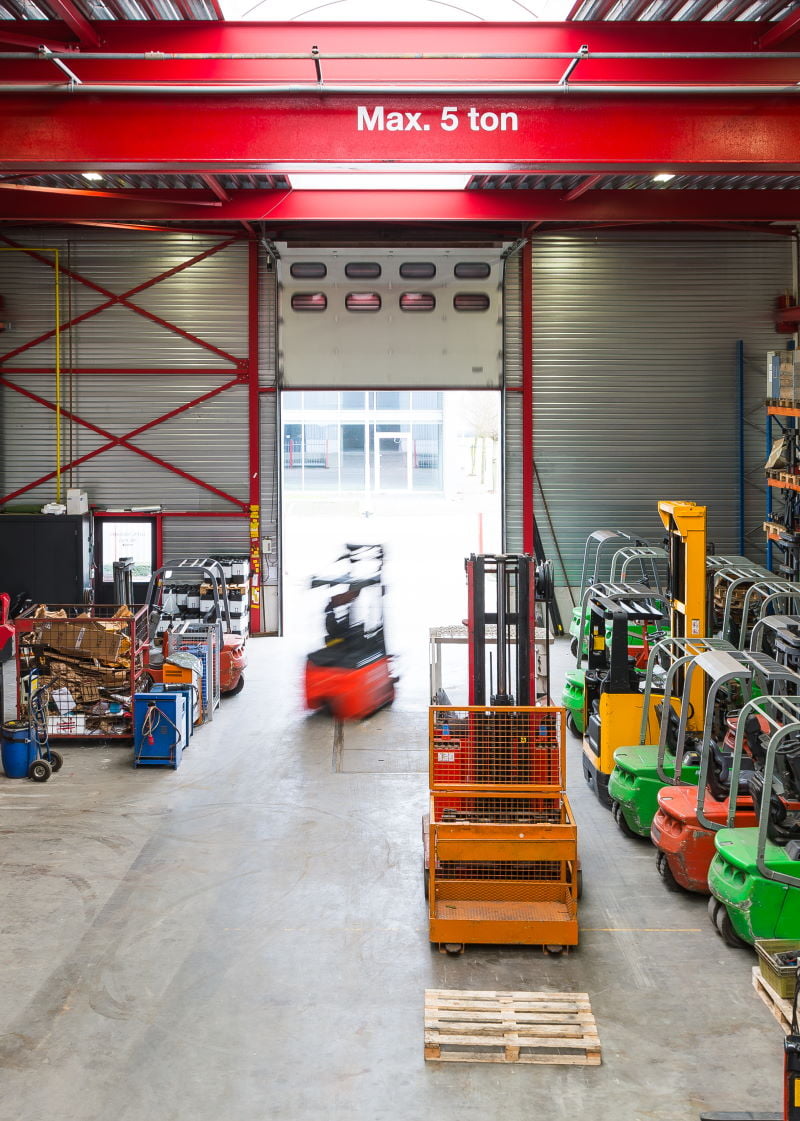
Forklift fleet management is a comprehensive service that oversees the performance, maintenance, and utilization of your entire forklift fleet. It’s ideal for warehouse managers, logistics leaders, and facilities with growing or complex forklift operations.
HCO Innovations manages your fleet to maximize uptime, reduce costs, and improve operational visibility. From maintenance scheduling to performance tracking, we take a proactive approach to keep your equipment and operators working at their best. Our service includes:
- Preventative maintenance scheduling and compliance tracking
- Fleet usage reporting and performance benchmarking
- Maintenance vendor coordination and invoice consolidation
- Lifecycle planning and replacement strategies
- Safety compliance and operator best practices
We turn your forklift fleet into a well-managed asset that supports your operation’s success.
Forklift Fleet Management Solutions for Safety and Uptime
Track Fleet Performance
We monitor your fleet performance to ensure every unit is productive. Gain visibility into usage patterns, downtime, and efficiency.
Simplify Maintenance Oversight
Let us handle the scheduling, vendor coordination, and service follow-up. Our team keeps your fleet running smoothly with zero administrative hassle.
Plan for Lifecycle Replacement
We help you plan smart replacements before breakdowns occur. Our lifecycle tracking ensures you invest in the right equipment at the right time.
Forklift Fleet Management Blog
Natural Gas vs Liquid Propane Gas for Your Forklift Fleet
A majority of forklifts equipped with internal combustion engines run on gasoline, diesel or...
Forklift Cost Analysis – The Concept of Total Cost of Ownership (TCO)
Chapter 1: The Concept of Total Cost of Ownership (TCO) Equipment acquirers, more often than...
Pallet Handling Safety Tips & Training
If you manage a warehouse or have experience working with MHEs, pallets are as common to you as...
Analysis Series, Chapter 5: Voltage Levels Used in Electric Lift trucks Today
Chapter 5: Voltage Levels Used in Electric Lift trucks Today Electric warehousing lift trucks are...
Forklift Power Management and Telematics
One of the unique ways HCO Innovations help companies with their forklift operations is something...
Best Software Solutions for Forklift Fleet Management
Improve forklift fleet management with HCO Innovations’ top software solutions. Boost warehouse productivity efficiently. Find tailored solutions now!
Why Choose HCO Innovations for Forklift Fleet Management?
Managing a forklift fleet takes more than just keeping equipment running—it requires strategy, insight, and proactive oversight. HCO Innovations delivers comprehensive forklift fleet management services that help you reduce costs, minimize downtime, and ensure operator safety. We act as an extension of your team, handling the details so you can focus on operations.
- End-to-end fleet tracking and reporting
- Consolidated maintenance and repair oversight
- Performance metrics and data-driven decision-making
- Customized service plans for multi-site operations
- Dedicated support team with deep forklift expertise
Whether you manage ten forklifts or a hundred, our fleet management services give you the tools and visibility to stay ahead of issues and lead with confidence.



